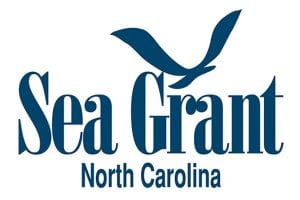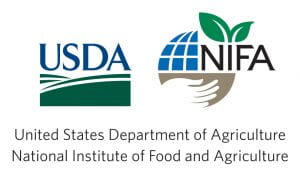Interested in knowing what the PSU Nature Connections Lab researches?
Research done in the Nature Connections Lab aims to empower members of current and future generations to make change in issues associated with global health (human and ecosystem) and well-being. Our work focuses on three interrelated thematic areas: (1) Intergenerational Learning, (2) Environmental/Outdoor Education, Interpretation, & Outreach, and (3) Human Health & Well-Being. Most of the projects in the lab take a social justice lens in terms of methodology. With each project, we engage members of the communities we are researching throughout the research process. Check out more information about each of our projects, below. Any questions? Feel free to reach out to Dr. Lawson or any of the students or postdocs in the lab.
Active Projects:
Strengthening community networks for environmental learning and resilience through children
- Research Question: How can intergenerational learning (IGL) through kids lead to community-level environmental literacy?
- This project will aim to understand how community literacy around the topic of water quality can be built through IGL. Through the project we will aim to define community literacy and model IGL through social network analysis.
- Contact: Lauren Gibson, NC State University, lmgibson@ncsu.edu
Ensuring agricultural sustainability and climate adaptability through intergenerational transfer of K-12 voices
- Research Questions: Can NC high school agricultural students impact their parent’s climate literacy and sustainable agricultural practices? How does intergenerational learning (IGL) function in families of various ethnic backgrounds?
- Through this project, we aim to understand how intergenerational learning of climate change information functions in agricultural community contexts. Results from this project will add to the theory of IGL through expanding our knowledge of IGL in new age and cultural contexts.
- Contact: Dr. Danielle Lawson, Penn State University, dfl5359@psu.edu
Past Projects:
“Bee-Leiving” in our youth: Investigating the role of intergenerational learning in protecting the Rusty Patched Bumblebee

- Research Question: Can intergenerational learning help increase bee-friendly behaviors among children and their parents?
- Through this project we worked to understand how a curriculum that was designed to maximize IGL not only influenced student’s bee-friendly behaviors, but also their parents.
Improving environmental decision-making in coastal communities through giving children a voice: Building science literacy, civic engagement, and coastal resilience through K-12 citizen science
- Research Questions: Can 4 and 5th grade students inspire change in their local communities? Can intergenerational learning (IGL) through kids impact local officials?
- Through this project we aimed to understand how a marine debris curriculum designed to maximize IGL not only influences parent’s views, but local official’s view of marine debris. This project was done in collaboration with Duke University Marine Lab.
Family farms’ resilience and challenges under COVID-19 containment measures in North Carolina
- Research Objective: To identify the challenges experienced by family farms created by
the COVID-19 crisis and their strategies and adaptive capacity to face the crisis. - This project aimed to understand how family farms in NC, which already diversify their income base through agritourism, were able to shift and adapt to the COVID-19 pandemic. Research was collected during and after NC’s government sanctioned containment measures.
Fostering climate literacy and coastal hazard resilience in coastal communities  through K-12 education
through K-12 education
- Research Question: How do EE curricular impacts “spill over” to impact parents at home? Can middle school children impact their parent’s views of climate change?
- Through this project, Dr. Lawson and a research team at NC State aimed to understand how intergenerational learning through children can influence adult’s views of climate change. We found some exciting results!
Informal education best practices to establish a shade-grown, cacao-based, agroforest in the Maya Mountains of Belize, Central America
- Research Question: How can farmers in communities surrounded by rainforest preserves farm in a way that is culturally-relevant, economically productive, and bird-friendly?
- Through this project, Dr. Lawson worked with the non-profit BFREE, researchers, and Belizean farmers to write a bilingual handbook for farmers in the area to establish cacao-based agroforests.


